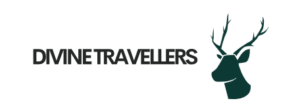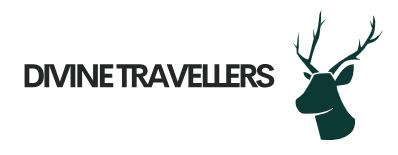In the global race for e-commerce dominance, names like Amazon, Alibaba, and eBay tend to dominate headlines. Yet in Central and Eastern Europe, particularly in Poland, another name stands out: Allegro. With a rich history, robust infrastructure, and a growing user base, Allegro has firmly established itself as Poland’s leading online marketplace and a rising star in the European digital economy.
Founded in 1999, Allegro began as an online auction site, not unlike eBay. Over the years, it transformed into a full-fledged e-commerce platform offering everything from electronics and fashion to groceries and automotive parts. As of 2025, Allegro serves over 20 million users monthly and lists millions of active product offers from both individual sellers and large retailers.
A Platform Built for Poland
Allegro’s success stems in part from its deep understanding of the local market. While global giants like Amazon have made inroads into Poland, Allegro has managed to retain its top spot by tailoring its platform specifically to Polish consumers and businesses. Features such as fast and affordable local shipping, localized payment options like PayU and BLIK, and intuitive customer service in Polish give it a significant edge.
Moreover, Allegro’s logistics ecosystem, including its proprietary “Allegro Smart!” subscription service, offers customers free delivery and returns on thousands of items. This service is similar in concept to Amazon Prime, but again, built with a strong focus on Polish consumer expectations.
A Marketplace for All Sellers
Unlike Amazon’s hybrid model that mixes first-party retail with third-party sellers, Allegro operates entirely as a marketplace. This means all sales are carried out by merchants, whether they are large companies or individual entrepreneurs. Allegro provides the platform, exposure, logistics options, and customer service frameworks, allowing sellers to focus on what they do best—offering great products.
This open and democratic structure has helped create a diverse and competitive marketplace where price, service, and reputation drive success. Allegro’s review and rating system further incentivizes sellers to maintain high standards, fostering trust and loyalty among buyers.
Innovation and Technology
Allegro’s tech-forward approach is another pillar of its growth. The company continuously invests in AI-powered search engines, personalized recommendations, mobile app enhancements, and automated fraud prevention systems. The Allegro app is among the most downloaded in Poland, thanks to its user-friendly interface and smooth checkout process.
In 2020, Allegro made headlines when it launched its IPO on the Warsaw Stock Exchange—the largest IPO in Polish history. This move not only bolstered its financial capabilities but also symbolized its maturity and readiness to expand further into international markets.
Beyond Borders
Allegro is no longer satisfied with just being Poland’s favorite. It has set its sights on expansion, both regionally and across Europe. Recent years have seen the acquisition of platforms like Mall Group and WE|DO, which help broaden Allegro’s footprint in the Czech Republic, Slovakia, and beyond. The company’s ambition is clear: to become the leading online marketplace in Central and Eastern Europe.
Of course, this expansion comes with challenges. Competing against entrenched players in other countries requires strong brand building, logistics adaptation, and customer acquisition strategies. But Allegro’s track record shows it’s up to the task.
Final Thoughts
Allegro is more than just an e-commerce site—it’s a symbol of Poland’s digital transformation. In a landscape dominated by global tech giants, it stands as a homegrown success story that continues to innovate, adapt, and lead.







